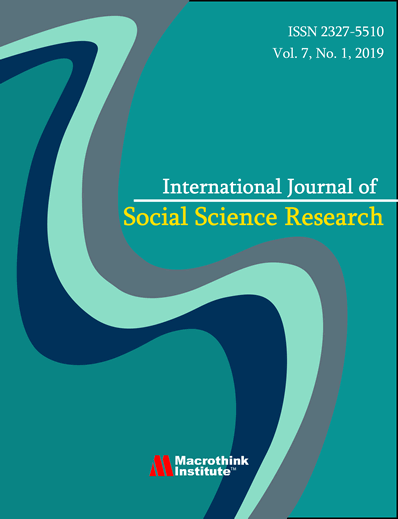On Budget Deficit under Economic Growth: Towards a Mathematical Model of MMT
DOI:
https://doi.org/10.5296/ijssr.v10i1.19130Abstract
Recently, a school of thought called Modern Monetary Theory (MMT) has been attracting attention, but it has not received much theoretical or mathematical analysis. In this paper, we examine the theoretical validity of the MMT argument using an overlapping generations (OLG) model that includes economic growth due to population growth, and give a generally positive evaluation of MMT. The basic idea is that a certain level of continuous budget deficit is necessary to maintain full employment when the economy is growing, that inflation occurs when the budget deficit exceeds that level, that a recession occurs when the budget deficit falls below that level, and involuntary unemployment occurs. In order to recover from a recession, a budget deficit in excess of that level is required, and that deficit need not be covered by a future budget surplus. The same can be said for growth resulting from technological progress.

